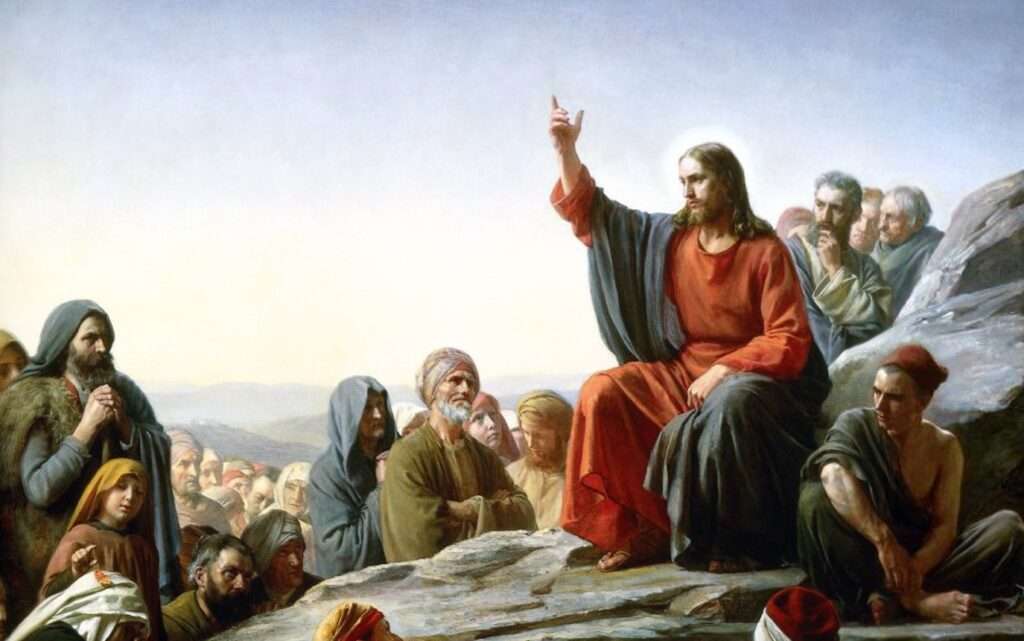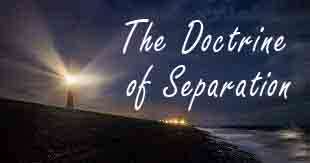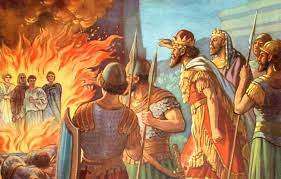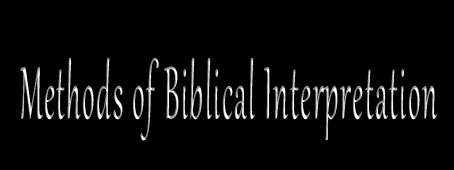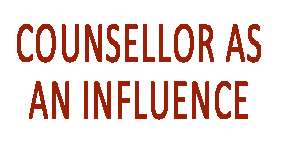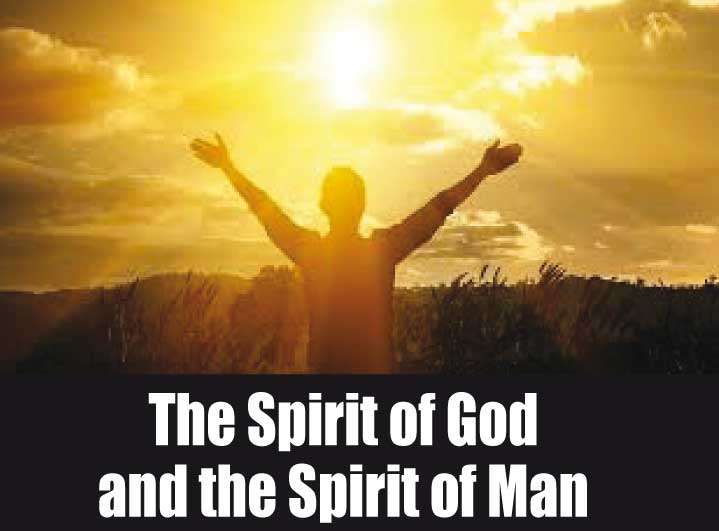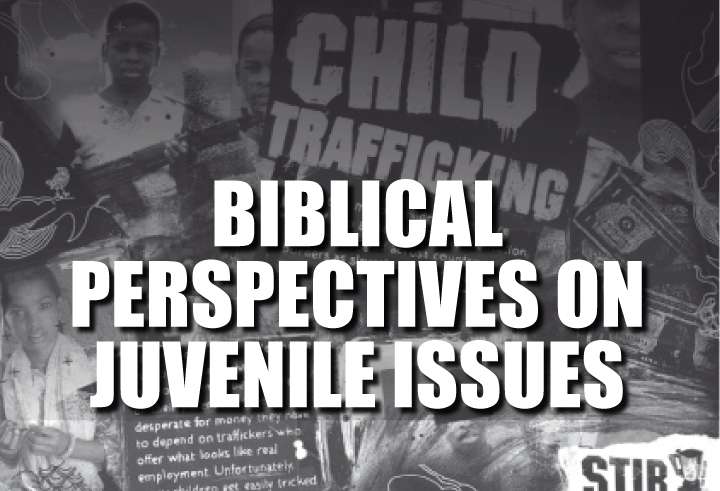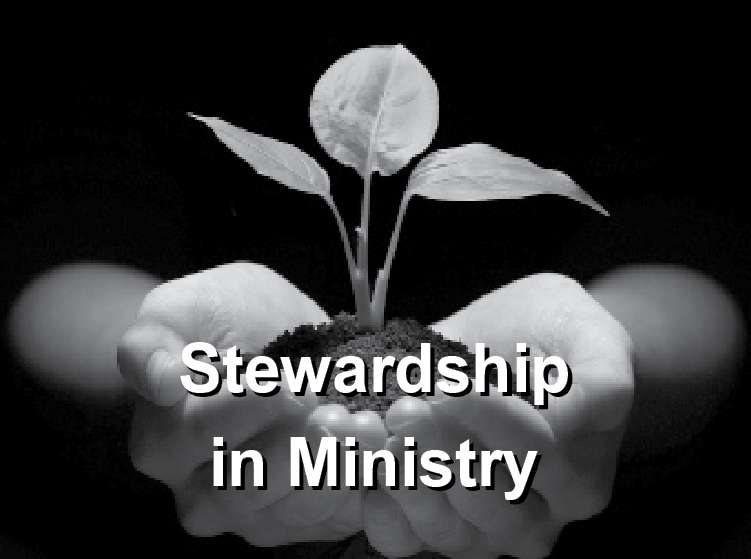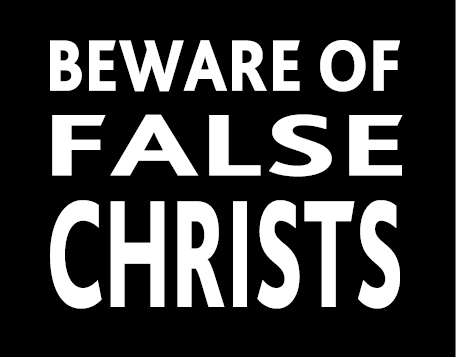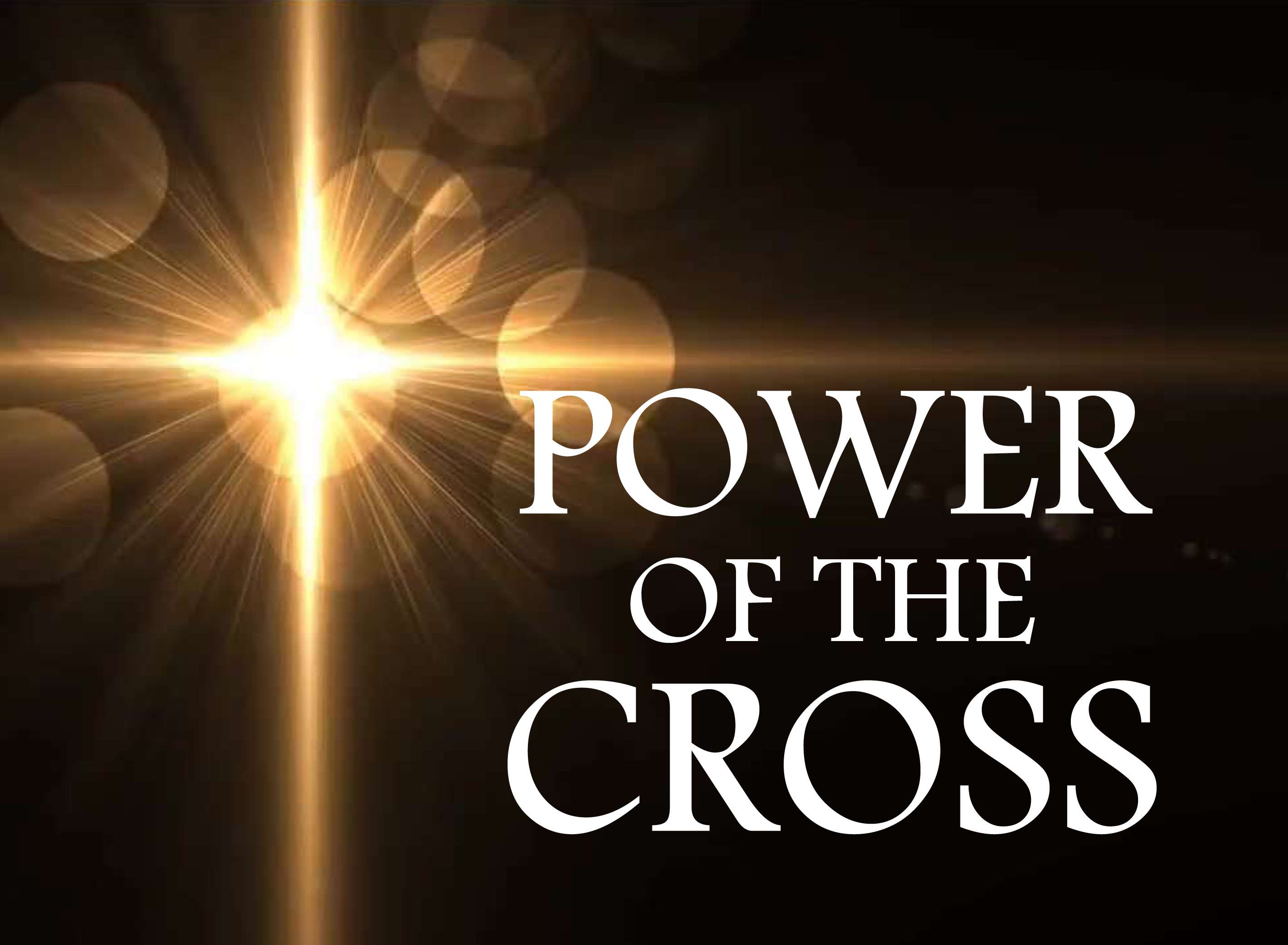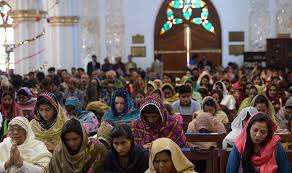

Immigrants in the Bible
Dr. Saju Joseph
The Bible is a book about immigrants. The original home of human beings was the paradise of Eden. After man sinned against God, his Creator, he began to wander. God ordered Adam and Eve to flee the Garden of Eden or face certain death (Genesis 3:23-24). This forced migration occurred because of their disobedience. We have wandered ever since.
The early inhabitants of the earth were nomads. The ancestors of Abraham were wanderers. Following his call, Abraham travelled from place to place all throughout his life, but he did not want to settle down on this earth. With his son Isaac and grandson Jacob, he looked forward to an eternal home land.
God laid down laws on how to deal with foreigners, sojourners and migrants. For example, resident aliens who had children and settled in Israel (largely because of Israel’s failure to complete the mandate to remove them) were allowed private property in Israel (Ezekiel 47:21-23). However, numerous times Israelites are warned against letting the aliens’ pagan practices corrupt God-given moral standards.
Sometimes, God employed foreigners as instruments of His justice against His own people, just as He used the Israelites to exact justice against the pagans in the Promised Land. For example, II Chronicles 36 describes the decline of Judah and the end of the kingship because of continual disobedience by God’s people. This sad passage tells of the Chaldean conquest of Israel and the judgment meted by the Babylonian captivity. The curse in Deuteronomy 28:43-44 reads: “The sojourner who is among you shall rise higher and higher above you, and you shall come down lower and lower. He shall lend to you, and you shall not lend to him. He shall be the head, and you shall be the tail.” That curse plays out throughout Old Testament history.
In short, the Old Testament teaches fair treatment of resident foreigners, with certain requirements for aliens related to religious and civil legal standards. Aliens were to assimilate to the Hebrew culture. Boundaries between peoples are important, and the unauthorized foreign presence among the Hebrews later became a curse. Few details of immigration procedures, standards, or other policy prescriptions appear in the Bible.
When we come to the New Testament, justice and mercy are fundamental principles of biblical conduct and a godly life. Justice and mercy are complementary principles. Believers have long grasped the instruction of passages such as Micah 6:8: “He has told you, O man, what is good; and what does the Lord require of you but to do justice, and to love kindness, and to walk humbly with your God?” Some translations use the word “mercy” instead of “kindness.”
A classic teaching on mercy comes in Luke 6:27-31 where Jesus says:
“But I say to you who here, love your enemies, do good to those who hate you, bless those who curse you, pray for those who abuse you. To one who strikes you on the cheek, offer the other also, and from one who takes away your cloak do not withhold your tunic either. Give to everyone who begs from you, and from one who takes away your goods do not demand them back. And as you wish that others would do to you, do so to them.”
Related to this is the familiar passage about treatment of “the least of these my brothers” — the hungry, the naked, the stranger, the prisoner. This passage and the passage in Matthew 25:31-46 plainly show that Jesus places the responsibility for love upon individuals rather than the policies of government. Government policy can easily become obscured by the wealthy elites and special interests over the welfare of citizens, particularly the average and less fortunate members of society. .
Similarly, the notion of neighborliness emphasizes the individual (versus societal) obligation. The Good Samaritan parable exemplifies the commandment to love one’s neighbor as one loves oneself. It appears in Luke 10:25-37, where the social outcast in the story (the Samaritan) acts more as a true neighbor than do more outwardly upstanding characters. This well-known story shows that becoming a loving neighbor depends on obedience to God, not what group to which we belong.
In its radical sense, all the earth belongs to God. In that sense, any human being can live anywhere in the world. In our eyes only, not God’s, is our world full of migrants, foreigners and strangers. From Biblical and secular history we see that the whole earth is for all humans and the animal world. But during the course of history the strong subdued the weak. Basically it happened because of sinful human nature.
Today when some people or families own hectares of land we honor them as big land owners and wealthy people. They say that they are traditionally very rich and their forefathers inherited this wealth from their ancestors. They are very proud of it. But we do not know how these ancestors got this much wealth in the past. If it was through exploiting and conquering the weak, that is injustice. Even if the descendants are innocent and unaware of the origins of this wealth, they are indebted to help the poor in the society around them.
We cannot blame the poor and landless people for their miserable condition. All rich and poor have sinned and come short of the glory of God. No one on earth can claim greatness over the other apart from the grace of God.
In Christ, all are equal. Christians are entrusted by our Lord to help the poor, weak, and the strangers. In the early Jerusalem church, the Greek Jews were the returning Jews following migration. They were like migrants even after their return to their home land. The apostles and the early church were ready to share their wealth and resources for the poor.
We have many welfare and charitable projects today, but many Christians continue homeless and poor. Other Christians own acres of land and other members own no land, living in rented places or in pitiable conditions. The richer Christians should not leave them to suffer.
In the end, nothing we own belongs to us permanently. All of us are foreigners in this earth. Soon, we will leave this earth after our short span of life here. This understanding will help us behave more kindly to migrants, strangers and the less privileged and to walk in greater humility.


